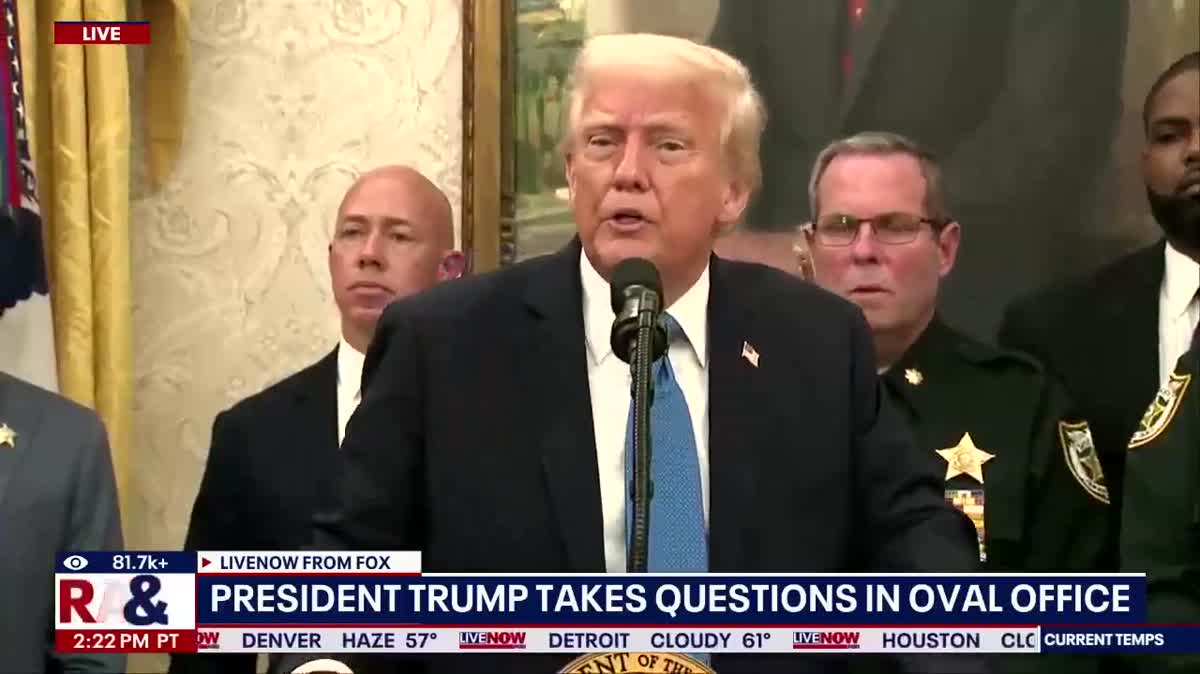Days after the Trump administration threatened to attempt to suspend habeas corpus in an effort to bulldoze due process protections for its mass deportation campaign, one key Cabinet member seems a bit confused about the scheme.
“What is habeas corpus?” Sen. Maggie Hassan of New Hampshire asked Homeland Security Secretary Kristi Noem during a committee hearing Tuesday.
“Habeas corpus is a constitutional right that the president has to be able to remove people from this country, and suspend their right to—,” Noem responded, before a visibly alarmed Hassan intervened.
“Let me stop you,” the Democratic lawmaker interjected. “Excuse me, that is incorrect.”
“President Lincoln used it,” Noem insisted.
Hassan then corrected the record: “Habeas corpus is the legal principle that requires the government to provide a public reason for detaining and imprisoning people. If not for that protection, the government could simply arrest people, including American citizens, and hold them indefinitely for no reason.”
“I support habeas corpus,” Noem said later in the exchange. “I also recognize that the president of the United States has the authority under the Constitution to decide if it should be suspended or not.”
But in response to similar claims from the administration, a number of legal experts have noted that it is actually “clear from the Constitution’s text and structure” that only Congress, not the president unilaterally, can suspend habeas corpus. Among other things, the suspension clause at issue appears in Article I of the Constitution, which lays out the powers of Congress. According to George Mason law professor Ilya Somin, “most legal scholars” believe that only Congress can suspend habeas corpus, and Georgetown’s Steve Vladeck described this as a “near-universal consensus.”
Hassan emphasized this point on Tuesday. “It has never been done without approval of Congress,” she said. “Even Abraham Lincoln got retroactive approval from Congress.”
Later in the hearing, however, Noem admitted that she was unaware of key aspects of this argument. Asked by Sen. Andy Kim if she knew where in the Constitution the suspension of habeas corpus was discussed, Noem replied: “I do not. Nope.”
So, some simple questions emerge: Does the secretary know what habeas corpus is? Does she understand that it is a fundamental right belonging to individuals and not a dictatorial privilege belonging to the president? Do she and her administration colleagues know who can suspend habeas corpus and when?
Her responses on Tuesday don’t inspire confidence.
We’ve reached out to Noem’s office to learn more. But in the meantime, it’s everyone’s responsibility to follow Hassan’s example and forcefully correct the record.















